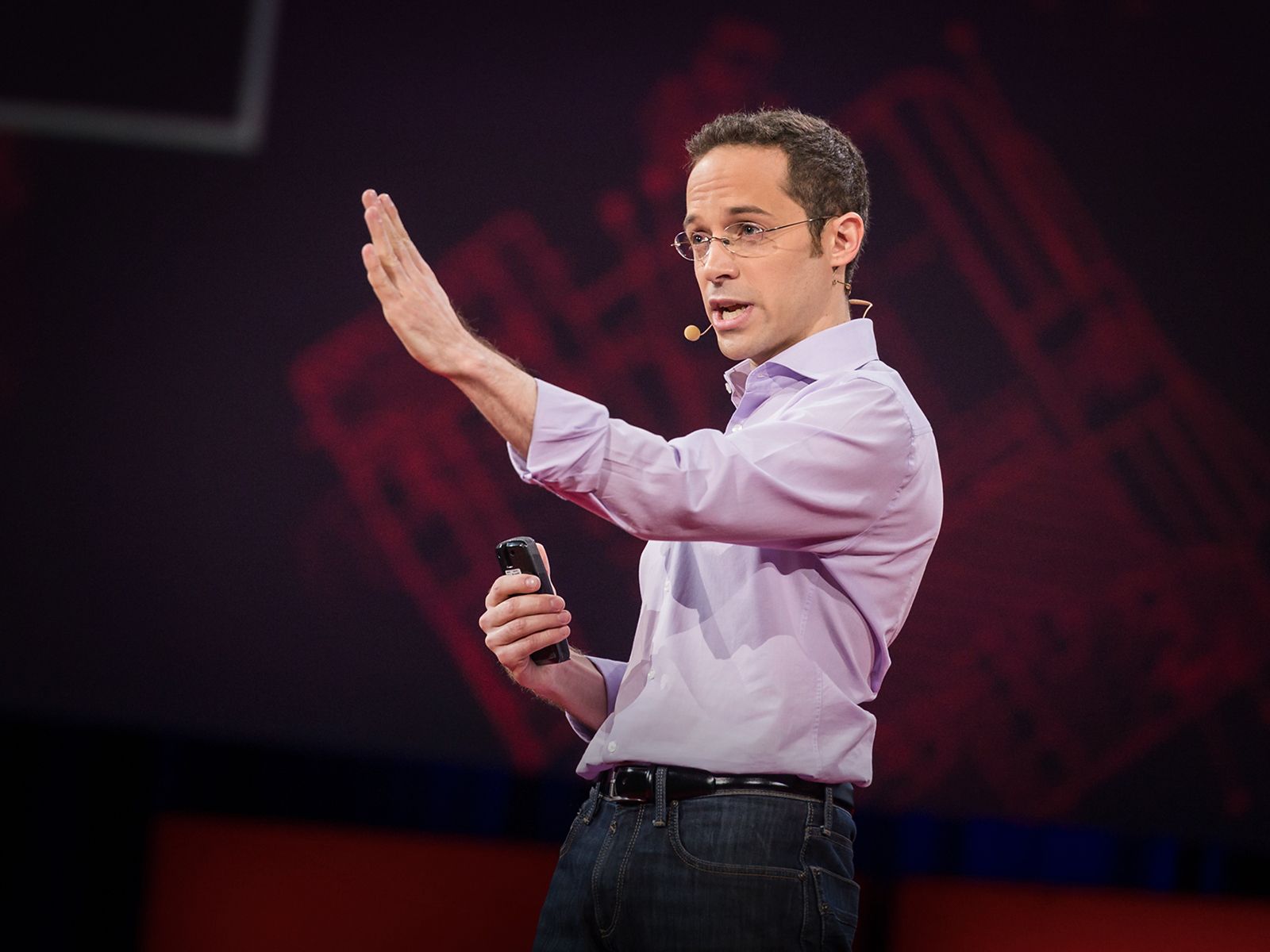Worden atleten echt sneller, beter, sterker?
9,669,721 views |
David Epstein |
TED2014
• March 2014
Als je de sportprestaties van de laatste tientallen jaren bekijkt, lijkt het of de mens in elke tak van sport sneller, beter en sterker is geworden. Het gaat tegen ons gevoel in, maar David Epstein legt in deze heerlijke talk uit dat we beter kunnen stoppen onszelf te prijzen. Bij het verpulveren van records spelen veel factoren een rol en het ontwikkelen van ons natuurlijke talent is er maar een van.
